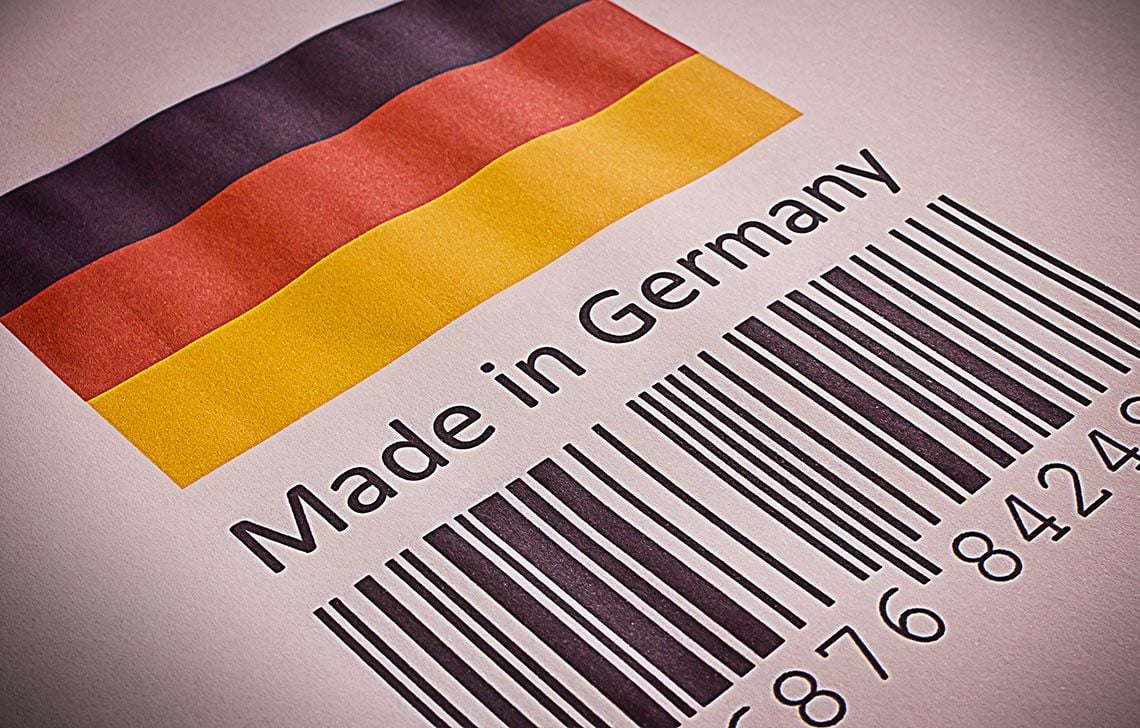Lengthiest German Recession Since 2008 Now Possible After Industrial Output Shrinks in June
- Written by: Gary Howes

Images © Adobe Stock
Germany's economic engine continues to misfire with data out Friday revealing another contraction in the manufacturing sector, setting up the prospect of a rare three-quarter-long recession.
German industrial production read at -0.2% month-on-month in May, undershooting a consensus forecast for 0.0% and marking a notable reversal on April's 0.3% growth.
"German industry is still stagnating and needs an activity surge in June to avoid an extension of the recession," says Carsten Brzeski, Global Head of Macro at ING Bank N.V.
Destatis reports the May figures resulted in headline industrial production rising just 0.82% year-on-year in May, marking a slowdown on the previous month's 1.75%.
"The optimism at the start of the year seems to have given way to more of a sense of reality. Production expectations have continued to weaken, order books have thinned out significantly despite the May rebound and the inventory build-up is not over," says Brzeski.
German industrial weakness is likely to extend with the more recent PMI surveys for June confirming contraction.
Germany's PMI for June disappointed with a reading of 41, putting what was once Europe's growth engine deeper in the contraction zone.
The Eurozone's PMI survey revealed new business trends measured across goods and services worsened further in June, as new orders dropped for the first time since January, the deteriorating demand environment signals downside risks to output in July said S&P Global.
But Brzeski warns the slowdown in Germany's industrial sector might last for years as structural changes accelerate.
"Well-known structural factors including the ongoing war in Ukraine, demographic changes and the current energy transition will continue to weigh on the German economy in the coming years," he says. "The country’s international competitiveness has deteriorated in recent years and is likely to continue to do so."
The analysts cites a recent study by the German Economic Institute which concluded that, even prior to the start of the pandemic, Germany saw net outflows of Foreign Direct Investments.
This trend accelerated in 2021 and 2022.
"All in all, the monthly data for the first two months of the second quarter have not taken away the risk of a further contraction of the German economy. This would make it the first time since 2008 that the economy shrinks for more than two consecutive quarters," says Brzeski.
The economy contracted 0.5% in the final quarter of 2022 and a further 0.3% in the first quarter of this year.



